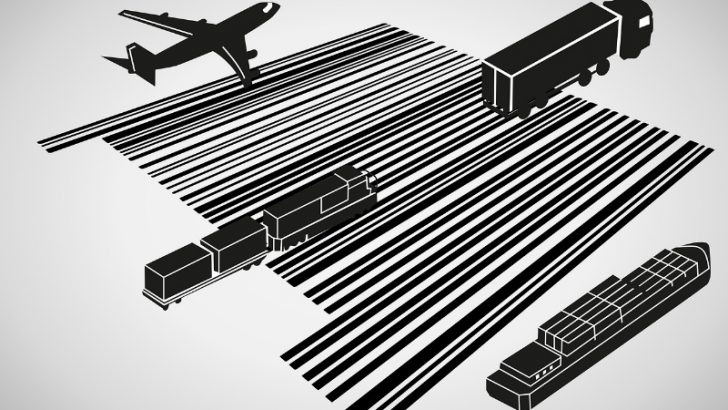
GS1, IBM and Microsoft have announced a collaboration to leverage GS1 Standards in enterprise blockchain applications for supply chain clients. GS1 is a not-for-profit organisation with member organisations in 112 countries, 1.5 million user companies and claims 5 billion transactions conforming to a common language that supports systems and processes. It provides global standards for efficient business communication (for example, the barcode). GS1 standards aim to improve the efficiency, safety and visibility of supply chains across both physical and digital channels in 25 sectors. This enables organisations to identify, capture and share information.
“What attracts many organisations to blockchain technology is the possibility of sharing data across corporate boundaries while maintaining a high degree of rigor and accuracy,” said Robert Beideman, Vice President – Retail, GS1. “We hope to make this possibility a reality for businesses by working with dedicated technology and industry partners—and together promoting a common business language.”

GS1 blockchain standards
GS1’s standards for identification and structured data enable blockchain network users to:
- scale enterprise adoption
- maintain a single, shared version of the ‘truth’ about supply chain and logistics events
- increase data integrity and trust between parties
- reduce data duplication and reconciliation.
Data stored or referenced on a blockchain possesses a structure for shared communications and interoperability. This occurs when standards apply. For example, the GS1 and ISO open standards of Electronic Product Code Information Services (EPCIS) and Core Business Vocabulary (CBV) are bases for standardised exchange of data and item-level tracking.
Blockchain, standards and the supply chains
GS1 Standards offer global businesses like Walmart the ability to expand their blockchain networks to suppliers, distributors and other ecosystem partners. This unlocks the business value available when data sharing, transparency, visibility and trust are present.
IBM and Walmart have successfully used blockchain technology in a pilot. This enhance the traceability of two food commodities in two different countries – mangoes in the U.S. and pork in China.
“Our pilot projects in the U.S. and China demonstrated that blockchain can strengthen existing food system safeguards by improving traceability. Using blockchain, we were able to track a product from retail shelf back through every stage of the supply chain, right to the farm gate, in seconds instead of days or weeks,” said Frank Yiannas, Vice President of Food Safety, Walmart. “Building blockchain traceability solutions on a common set of standards can help us scale across our complex, global supply chain and build networks based on transparency and trust.”
“One of the key benefits to blockchain in the enterprise is the trust it delivers, which enables more efficient and complete sharing of the critical data that drives enterprise transactions. By removing the barriers that can be caused from disparate entry systems, that trust is solidified even further,” said Brigid McDermott, vice president, blockchain business development, IBM. “That’s why we are working with clients like Walmart and collaborating with other industry leaders to implement GS1 open standards into the work that we do.”
“The challenge with trade finance and supply chain today is that participants are forced to use disparate digital systems bridged by paper-based processes, with little or no common standards. These digital ‘islands’ work well when everyone is on the same network, but as soon as there is a lack of connectivity with certain participants using different solutions, things quickly revert to paper and manual processing.” said David E. Rutter, CEO of R3. “We see distributed ledgers as the means to provide that connectivity between participants across business networks.”
“Leveraging existing GS1 Standards to structure event information will enable blockchain-based supply chain implementations to be more interoperable and will simplify the capture and description of events that are written against smart contracts,” said Yorke Rhodes III, Global Business Strategist, Blockchain, Microsoft. “Collaborating with partners to implement solutions on blockchain using standards already in place for item-level tracking is the quickest path to production.”
Why does this matter
The blockchain world is not a true eco-system, in the sense of mutual dependency. Rather it is a raft of competing parties with the common aspect that each uses blockchain in some way or other. This does not encourage interworking or integration. Too many compete for ‘their vision of the Holy Grail’ rather than something larger and more useful.
If supply chains are complex, trade finance makes supply chains looks trivial. This joint GS1, IBM and Microsoft introduces heavyweights into an arena which badly needs a common cause. Will the collaboration attain the success of the barcode? Who knows? For the moment is is the effort which matters.


























